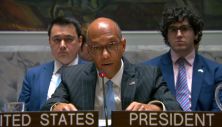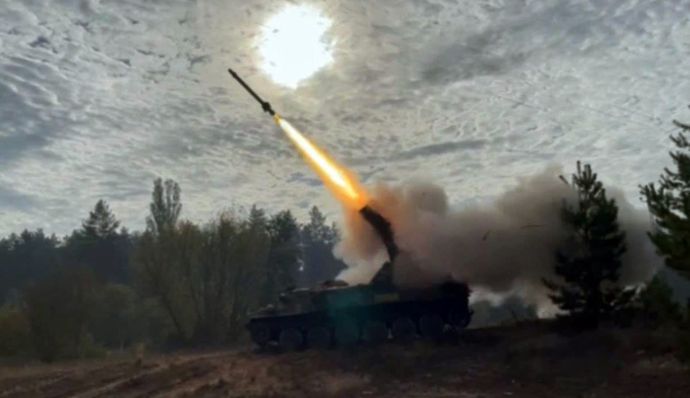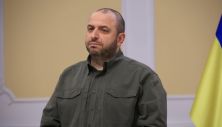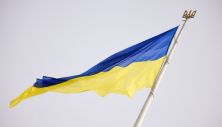Kyiv has scored a significant political victory in Kursk, regardless of whether it remains in the area or decides to withdraw troops in the coming months. This move has exposed Putin’s bluff and ridiculed his “red lines” and nuclear threats, according to Foreign Policy.
However, some other strategic goals have been less successful. President Zelensky had hoped that this operation would accelerate the decision to allow Ukraine to strike deep into Russian territory using Western-provided cruise missiles. Although the White House has refused to change its stance on this issue, Ukraine’s growing domestic long-range capabilities have increasingly inflicted damage on Russian rear positions in recent weeks, further unsettling the Kremlin.
The Kursk operation also aimed to divert Russian resources from the Kremlin’s campaign to capture the remainder of Ukraine’s eastern Donetsk region. Despite staggering losses, Russia continues to make slow progress in eastern Ukraine, maintaining a steady advance for several months. Ukrainian defenses in the east are gradually buckling under the relentless pressure of Russian attacks, with depleted positions resembling a meat grinder.
Nonetheless, the Kursk operation could contribute to achieving a broader strategic objective. By occupying Russian territory—and if Ukraine can successfully defend that territory—Moscow will find it difficult to claim victory in this war. If Ukrainian troops remain on what is de jure Russian land and the conflict is frozen at the current lines of control, it alters the narrative.
Much of the Western foreign policy perspective hinges on the belief that Ukraine and Russia must eventually negotiate and make concessions to end the war. However, no real efforts have been made by Ukraine’s allies or Russia to formulate mutually acceptable terms for a peace agreement.
In the Kursk region, the Ukrainian theory of victory is beginning to take shape, albeit in a conceptual embryonic state. Similar to the many successful prisoner exchanges conducted by Kyiv and Moscow since the war began, the Ukrainians believe they can exchange captured Russian land in the Kursk region for their occupied territories. While they may not obtain Crimea, Donetsk, and Luhansk, they aim for at least the Kherson region and Zaporizhzhia.
The attack on Russian territory has significantly strengthened Ukraine’s position in any future negotiations. Despite the absence of recent elections, Ukraine remains a democratic state, and the number of Ukrainians considering territorial concessions to Russia to end the war is growing. However, these voices remain in the minority, and opinions on what those concessions might entail vary widely. After two and a half years of war, the Ukrainian people are not ready to surrender.
Thus, if capitulation is off the table and a complete military victory for Ukraine still seems unlikely, negotiations based on the mutual exchange of territories may offer a viable path out of this war.
Ukraine’s Kursk operation remains under threat, and the course of the war may not favor Kyiv in 2024. However, by occupying Russian land, at least in theory, Kyiv has established a precedent that could—despite numerous setbacks—ultimately lead to an end to the war in its favor.













